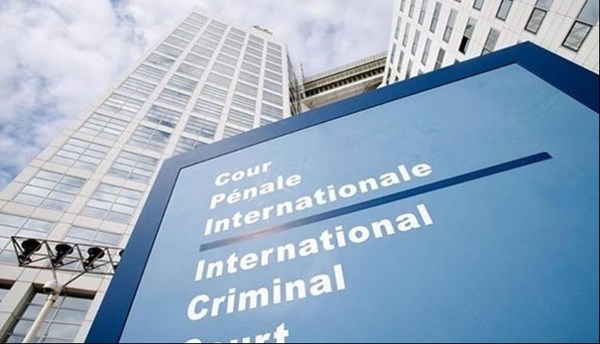International Criminal Court takes on Illovaisk tragedy
The International Criminal Court (ICC) in the Hague is analyzing information on whether the department has the right to investigate the death of Ukrainian soldiers in Illovaisk in 2014, Ukrainian Ambassador to the Netherlands Vsevolod Chentsov reported, as cited by UNIAN.
According to the diplomat, the investigation procedure for the ICC is “slightly different from the national procedure”.
“Officially the prosecutor’s service of the ICC has initiated a procedure to make a preliminary inquiry into the situation in Ukraine. At this stage, the situation is being analyzed in order to determine whether or not there are signs of possible crimes which would fall under the court’s jurisdiction according to the Rome Statute,” Chentsov said.
He emphasized that at this stage the ICC prosecutor has no right to collect evidence independently – he can only use information received from reliable available sources (physical entities, organizations, states).
“Currently in the analysis of the situation in Ukraine, the prosecutor’s service is at the stage of establishing the ICC’s jurisdiction with respect to events which took place or are taking place in Ukraine,” the ambassador noted.
Chentsov pointed out that the ICC prosecutor’s report for 2016 assessed the progress of the investigation into the situation in Ukraine:
“In the report for 2016, the prosecutor’s service provisionally came to the conclusion that an international armed conflict is taking place between Ukraine and Russia in Eastern Ukraine, and that there is also a factual Russian occupation of Crimea and Sevastopol. Now they are supposed to determine the degree to which Russia is supporting the armed separatist groups in Eastern Ukraine,” he explained.
According to the Ukrainian diplomat, this will concern shipments of weaponry, equipment, funding, personnel, as well as the giving of assistance or infrastructure to help plan these groups’ actions.
“All of this will constitute evidence of the Kremlin’s real control over them. If the prosecutor reaches the conclusion that the existing information is a sufficient basis for the start of an official investigation, he will ask the ICC’s Pre-Trial Chamber to authorize it,” Chentsov emphasized.
The ambassador also noted that the ICC has jurisdiction with respect to crimes committed on the territory of a state which was a participant in the Rome Statute, or a state which acknowledges its jurisdiction through a statement (as Ukraine has done), regardless of the nationality of the entities who committed it, even if they are citizens of a state which did not participate in the Rome Statute.
“Thus it is quite likely that the citizens of other states could be held accountable for the military crimes and crimes against humanity committed in Ukraine’s territory since 21 November 2013,” the diplomat stressed.
However, Chentsov noted that the process of deciding to begin court proceedings will be quite difficult, since although Ukraine has acknowledged the ICC’s jurisdiction, it has not ratified the Rome Statute.
“After completing the enquiry stage, even if the prosecutor reaches the conclusion that there are sufficient grounds to begin an investigation, the relevant decision will be made by the ICC’s Pre-Trial Chamber. A state which is a participant in the Rome Statute has the right to initiate the start of an investigation – here the Pre-Trial Chamber’s ruling is not required. If Ukraine ratifies the Rome Statute, it will expand the procedural possibilities of our state. Simply put, after ratification, the ICC prosecutor can make the decision to begin the investigation on the basis of Ukraine’s request,” the diplomat explained.
Chentsov says that in 2016, changes were made to Ukraine’s Constitution which will make it possible to ratify the Rome Statute, and so “work in preparation for the ratification and adoption of the corresponding changes to legislation should begin today already”.
